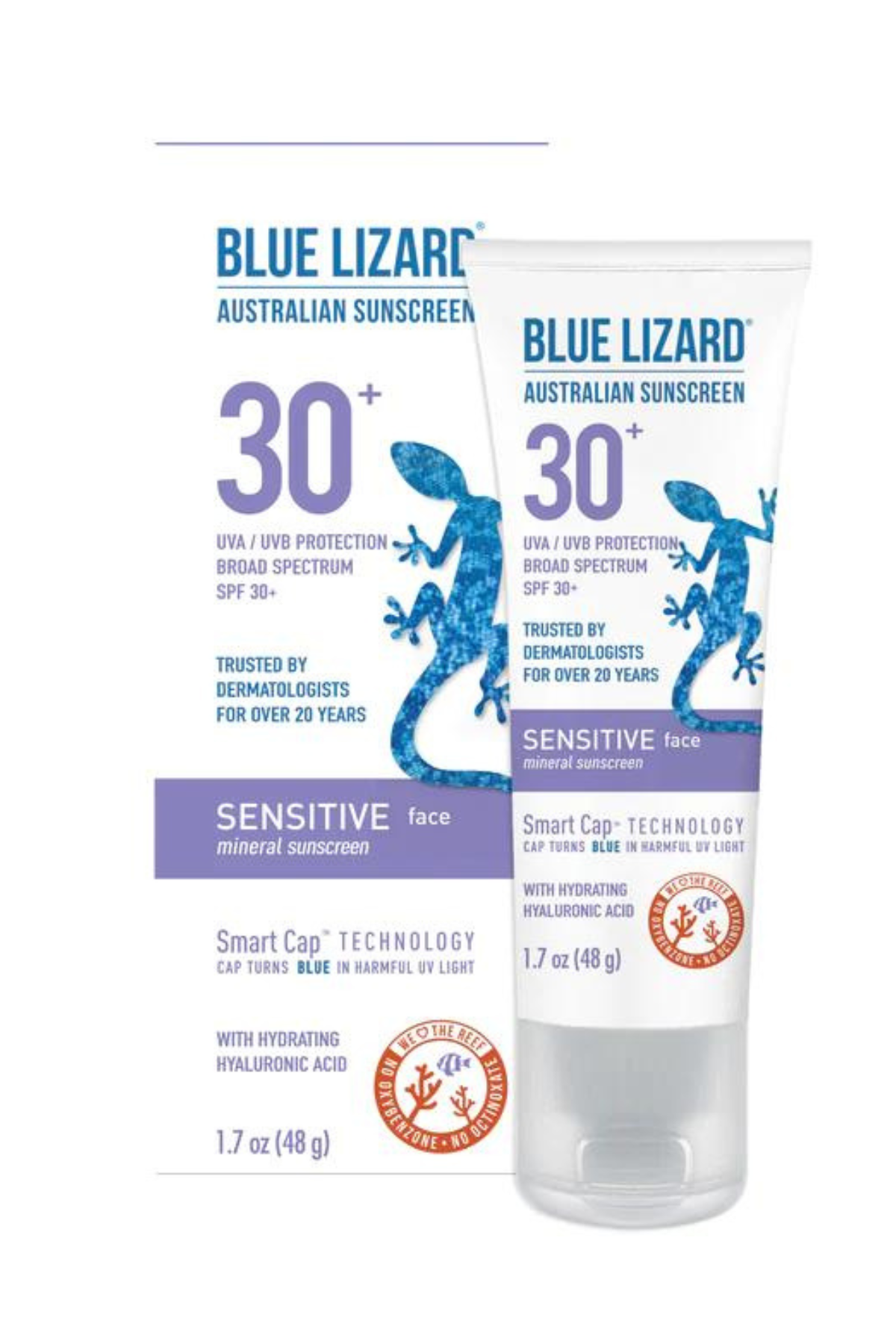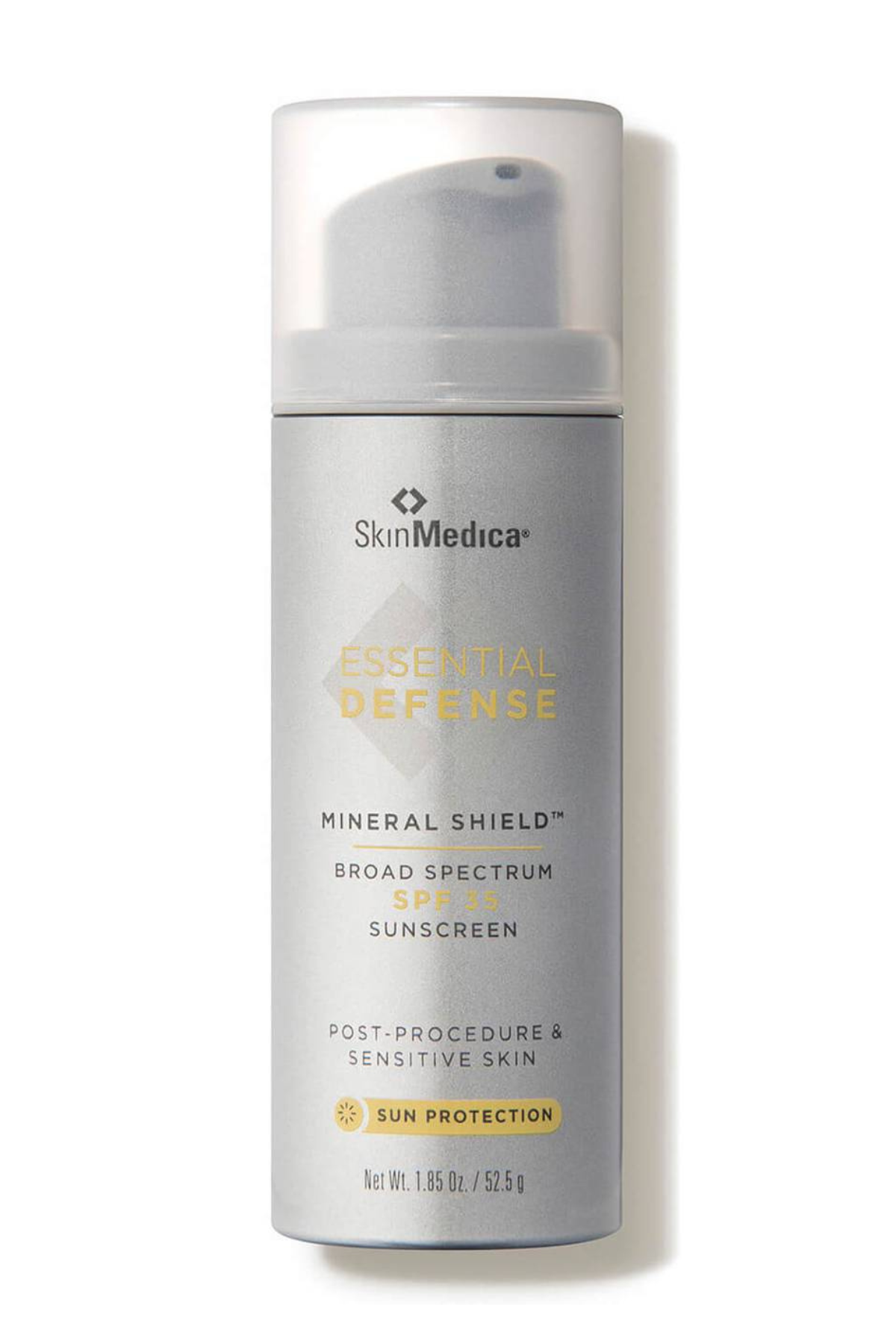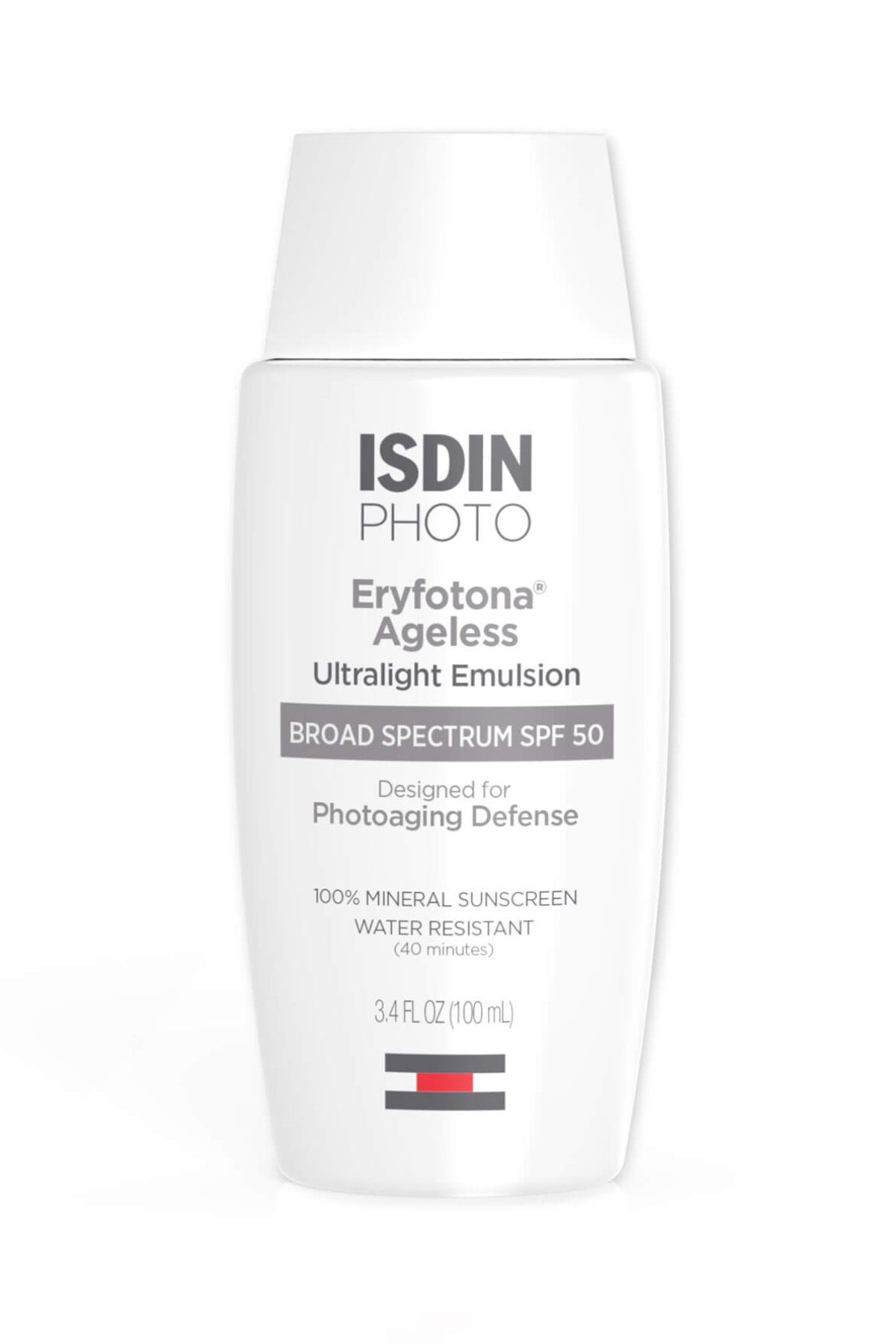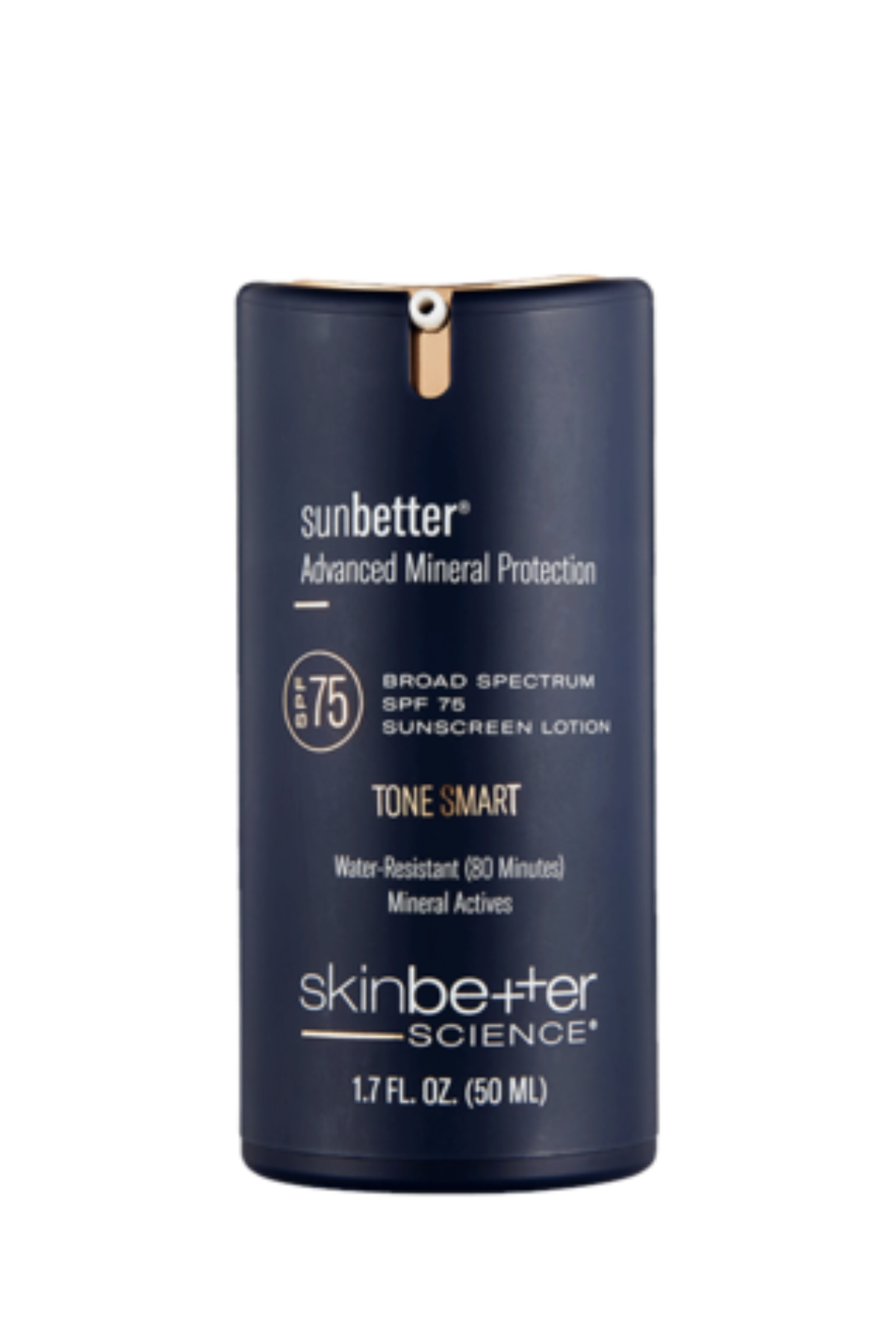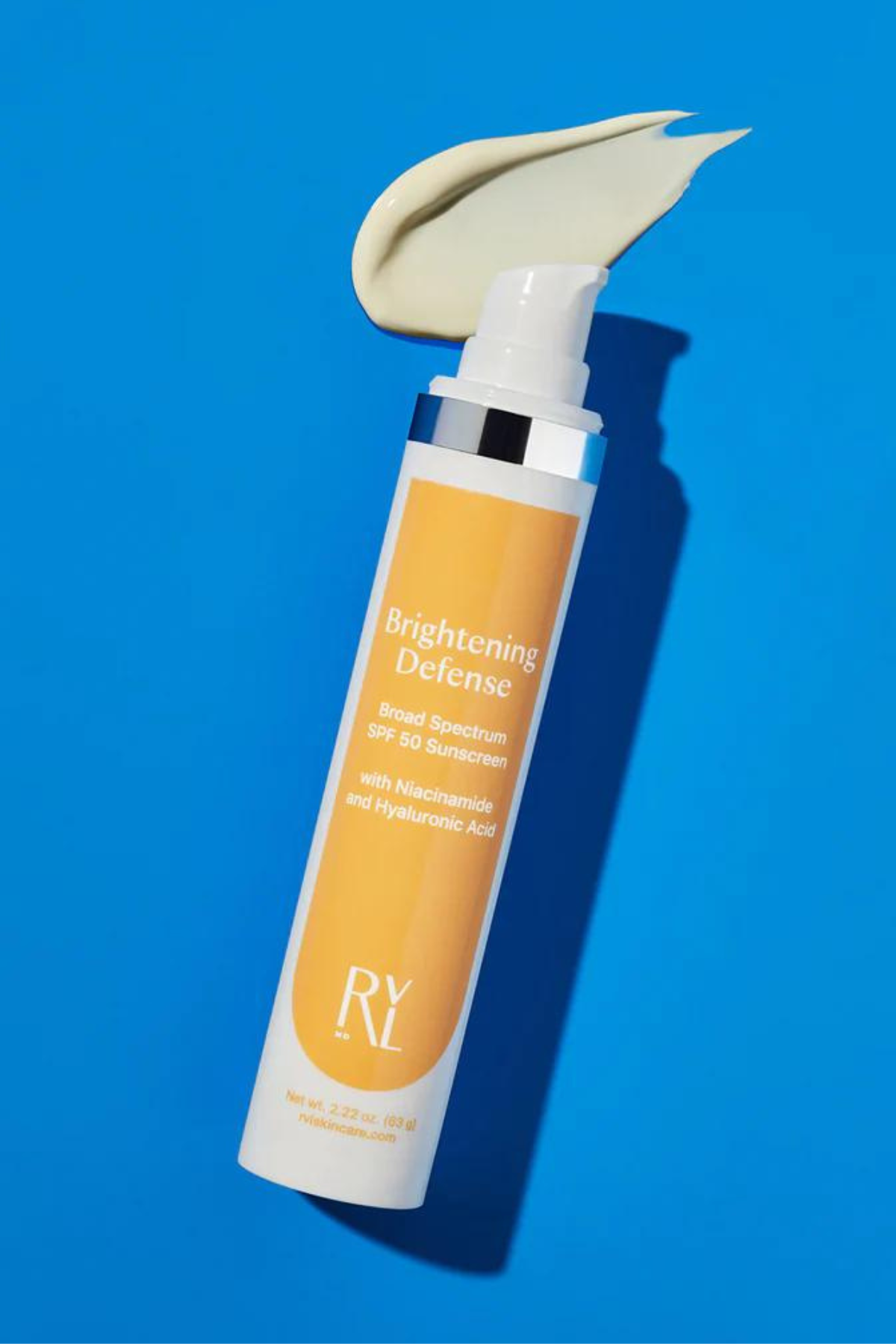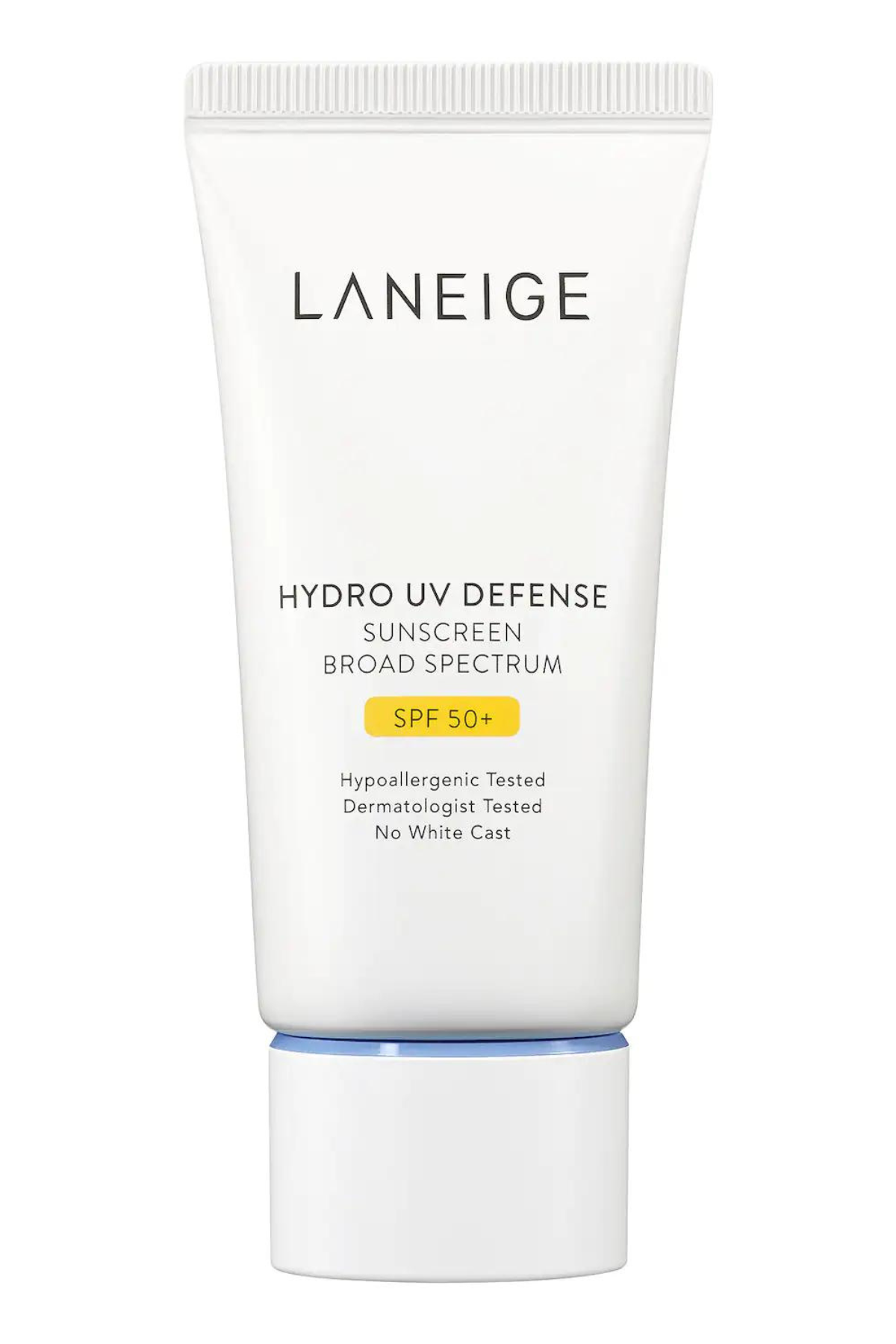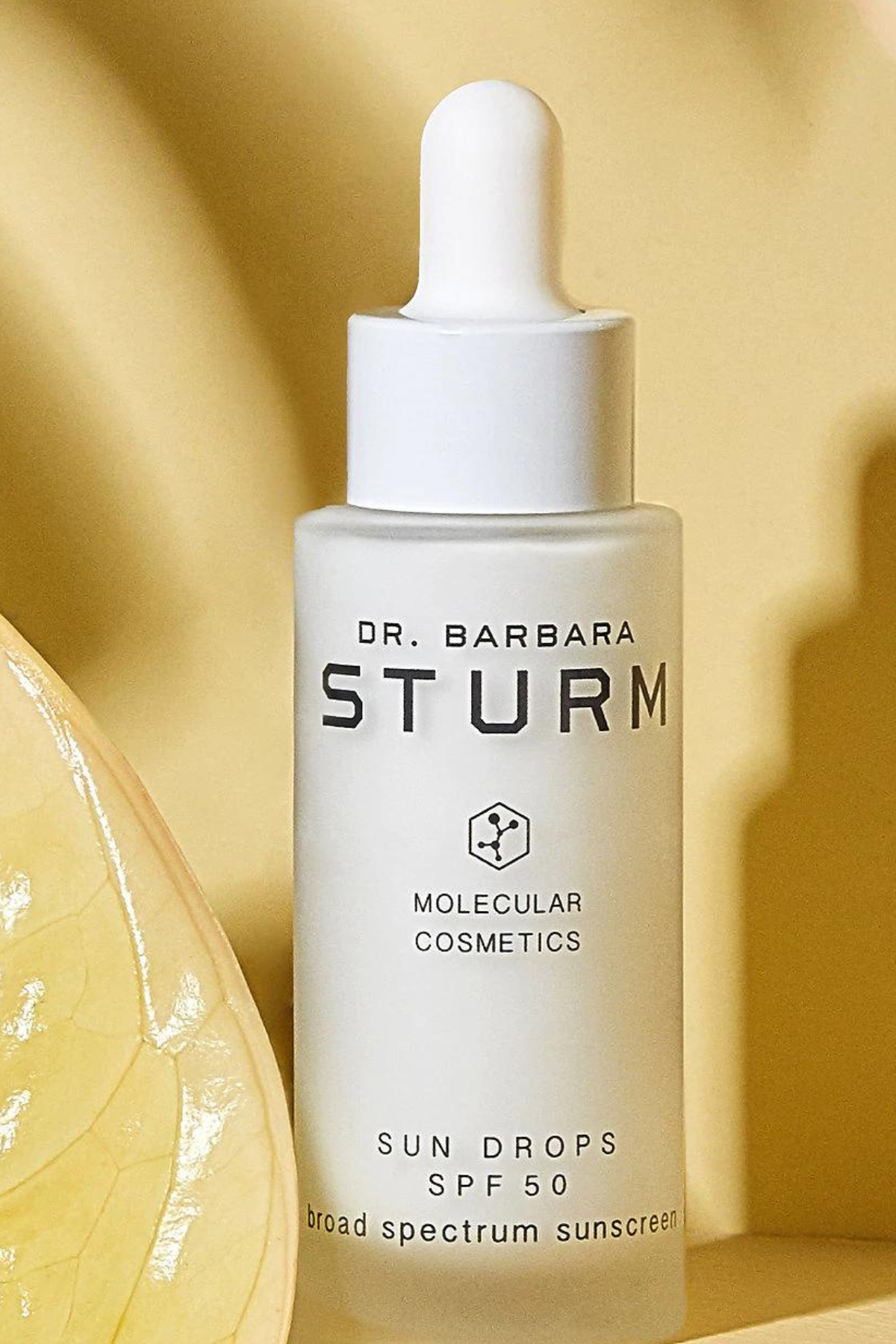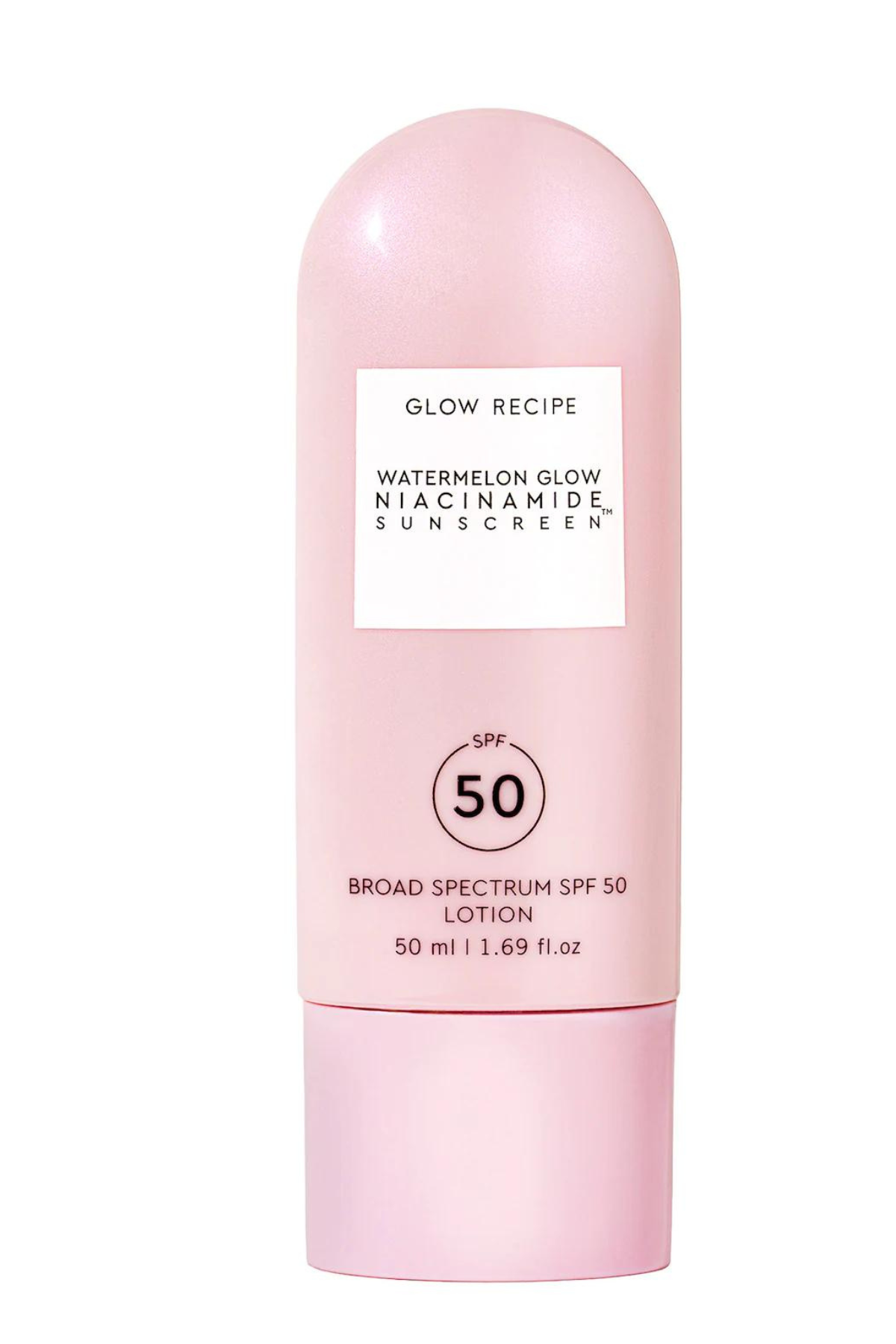Mineral vs. Chemical Sunscreen: Dermatologists Weigh In
The biggest differences — and how to find out which one is right for you.

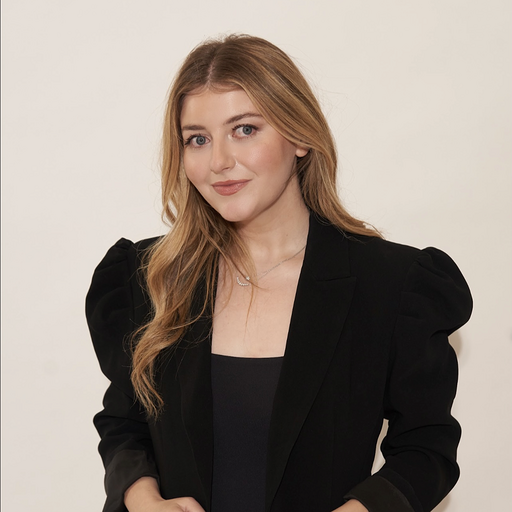
Sunscreen can be freakin’ confusing. There’s physical, chemical, non-nano zinc, oxybenzone-free, octinoxate-free, broad spectrum—basically lots of science-y words in small print on long labels that seemingly mean a whole lot of nothing. But if you’ve studied up (and lucky for you, we have), you’ll know that these terms help you choose the best sunscreen product for you and your skin. The biggest decision boils down to the following: Do you want a chemical or mineral sunscreen?
Every sunscreen in existence is going to fall in one of the two camps. And, while any SPF is always going to be better than nothing at all, it’s important to call out that chemical and mineral sunscreens (also known as physical or natural sunscreens) protect your skin from the sun’s rays in entirely different ways. As such, you might feel more comfortable buying one over the other.
“Mineral-based sunscreens work by creating a barrier and reflecting the light away from the skin,” explains Dr. Robyn Gmyrek, board-certified dermatologist at Union Square Dermatology in New York City. “Chemical sunscreens work by absorbing UV rays.”
To dive into all the nitty gritty details (read: what ingredients to look for, differences in texture, and pros and cons for each type of SPF) and scoop up some of the best chemical and physical SPFs out there, scroll ahead. Here, top dermatologists are breaking down everything you could possibly want to know before purchasing your next bottle of SPF.
What Is Mineral Sunscreen?
A sunscreen is going to be dubbed mineral (or physical) if it includes certain ingredients. “They’ll have either zinc or titanium dioxide as the active filter,” explains Dr. Rita Linkner, board-certified dermatologist and founder of RVL Skincare. You’ll also notice that certain mineral sunscreens will emphasize the fact that their formula contains “non-nano zinc,” which essentially means that the zinc molecule is on the larger size.
Dr. Gmyrek explains that because zinc runs on the goopy, thick side, a lot of companies have made the molecule super, super small. “These micronized or nano-zinc oxide sunscreens are preferred because they feel lighter, spread better, and leave less of a white hue on the skin after applying,” she says. On the flip side though, there’s some concern that the small size of the molecules can sink into the skin and cause harm. The EWG has agreed that while more studies are needed to definitively determine if nano-zinc is dangerous, there’s currently no evidence that indicates the smaller molecule is harmful.
The Benefits of Mineral Sunscreen
A mineral sunscreen is typically going to be the best way to go for children or anyone who has sensitive skin—the active ingredients rarely cause an allergic reaction or irritation. Dr. Gymrek also recommends physical blockers (remember it deflects the UV rays) for people with rosacea, melasma, or hyperpigmentation.
Stay In The Know
Get exclusive access to fashion and beauty trends, hot-off-the-press celebrity news, and more.
Perhaps the most compelling reason to choose a mineral sunscreen, is the inclusion of something called iron oxides, which are included in most tinted titanium dioxide-based SPFs. Cosmetically, an iron oxide gives the liquid a tint and can compensate for the zinc’s white cast. But in this lovely two-benefits-for-the-price-of-one special, you get an added layer of protection. Iron oxides can help block blue light, which emitted from computer screens, as well as the sun. “It has been shown that for those with melasma or a predisposition to hyperpigmentation, blue light can cause increased, unwanted pigmentation—especially in darker skin types,” explains Dr. Gymrek.
The Best Mineral Sunscreens, According to Dermatologists
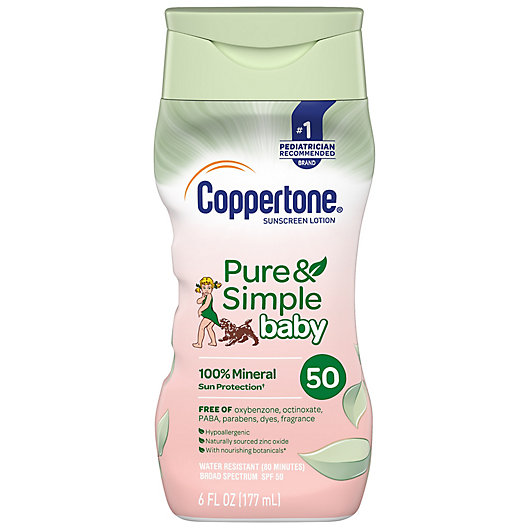
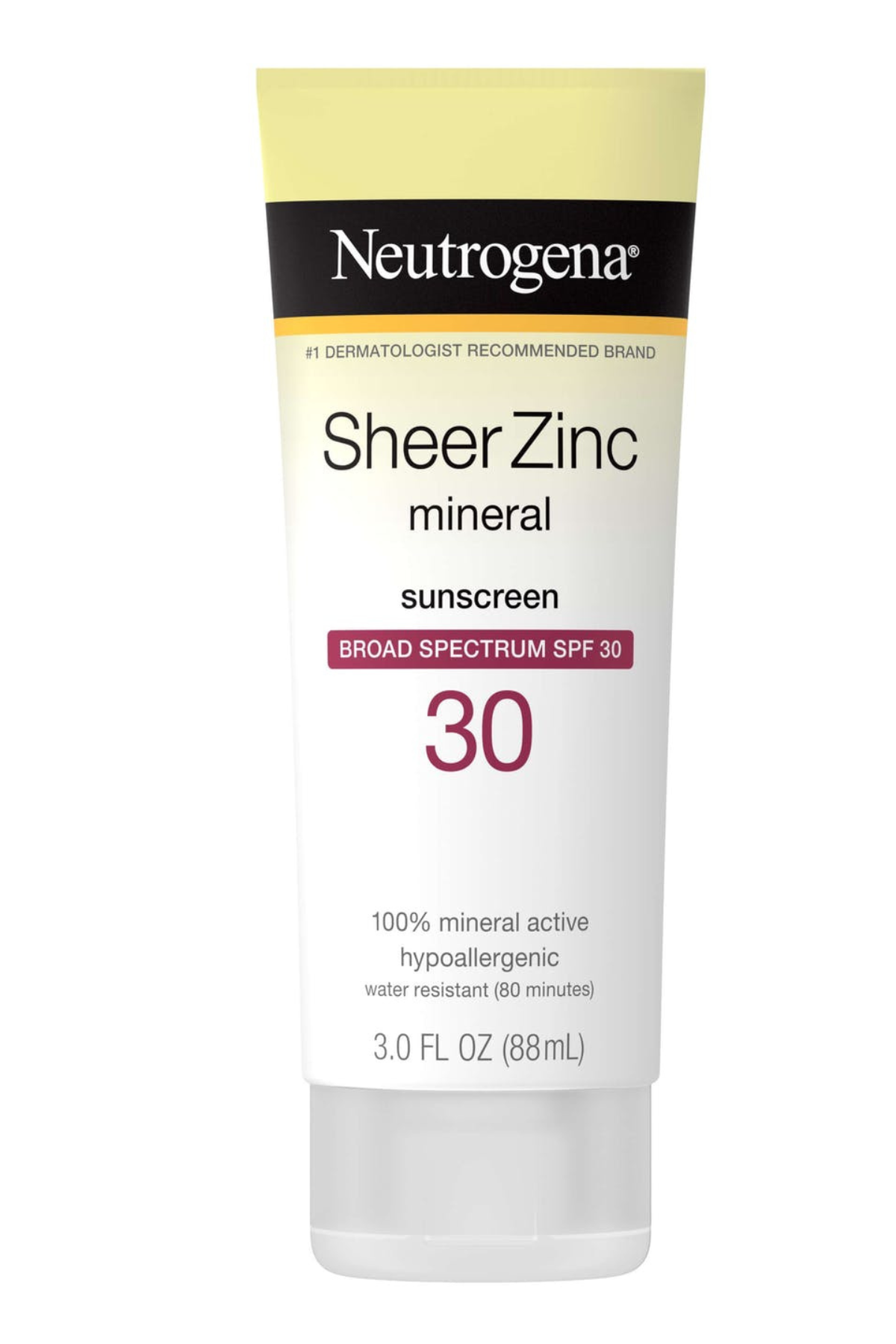
What Is Chemical Sunscreen?
Once again, the “chemical sunscreen” classification boils down to ingredients. Unlike mineral sunscreens that feature zinc and titanium dioxide, a chemical formula is going to include active ingredients “such as oxybenzone, avobenzone, octisalate, octocrylene, homosalate, and octinoxate,” says Dr. Gymrek. To put it simply, those ingredients are going to absorb the sun’s UV rays.
Is Chemical Sunscreen Safe?
The most important takeaway here is that a chemical sunscreen is better than no sunscreen at all. And, and this is extra important, chemical sunscreen is not inherently bad just because it’s called “chemical.” That in mind, there is still a decent amount of research that needs to be done to figure out how safe the chemicals actually are. “There is evidence that they are absorbed by the body to varying degrees,” Dr. Gymrek emphasizes. “The FDA is currently looking further into their safety in the blood stream with absorption [from topical application], in the lungs with inhalation from sprays, and their role as potential hormone disruptors.” It’s also been reported that the chemical formulas can change as they absorb the sun’s rays. The byproducts are then thought to cause allergic reactions in some people.
From an environmental standpoint, chemical sunscreens are sub par. In fact, places including Mexico, Aruba, and Hawaii have gone as far to ban (or partially ban) a handful of chemical ingredients, namely oxybenzone and octinoxate, as they have been shown to harm coral reefs.
The Benefits of Chemical Sunscreen
The biggest pro for a chemical sunscreen is that it’s cosmetically pleasing. The texture is typically going to feel super lightweight and, because there’s no zinc in the formula, it’s not going to leave a white cast, which is key for those with darker skin tones.
It’s also wildly important to note that a chemical sunscreen is without a doubt, hands down better than absolutely no sunscreen at all. “If someone likes how a chemical sunscreen rubs in and will be more prone to use it every two hours, then this is the superior product for that patient,” explains Dr. Linkner. “Compliance is key with SPF."
The Best Chemical Sunscreens, According to Dermatologists
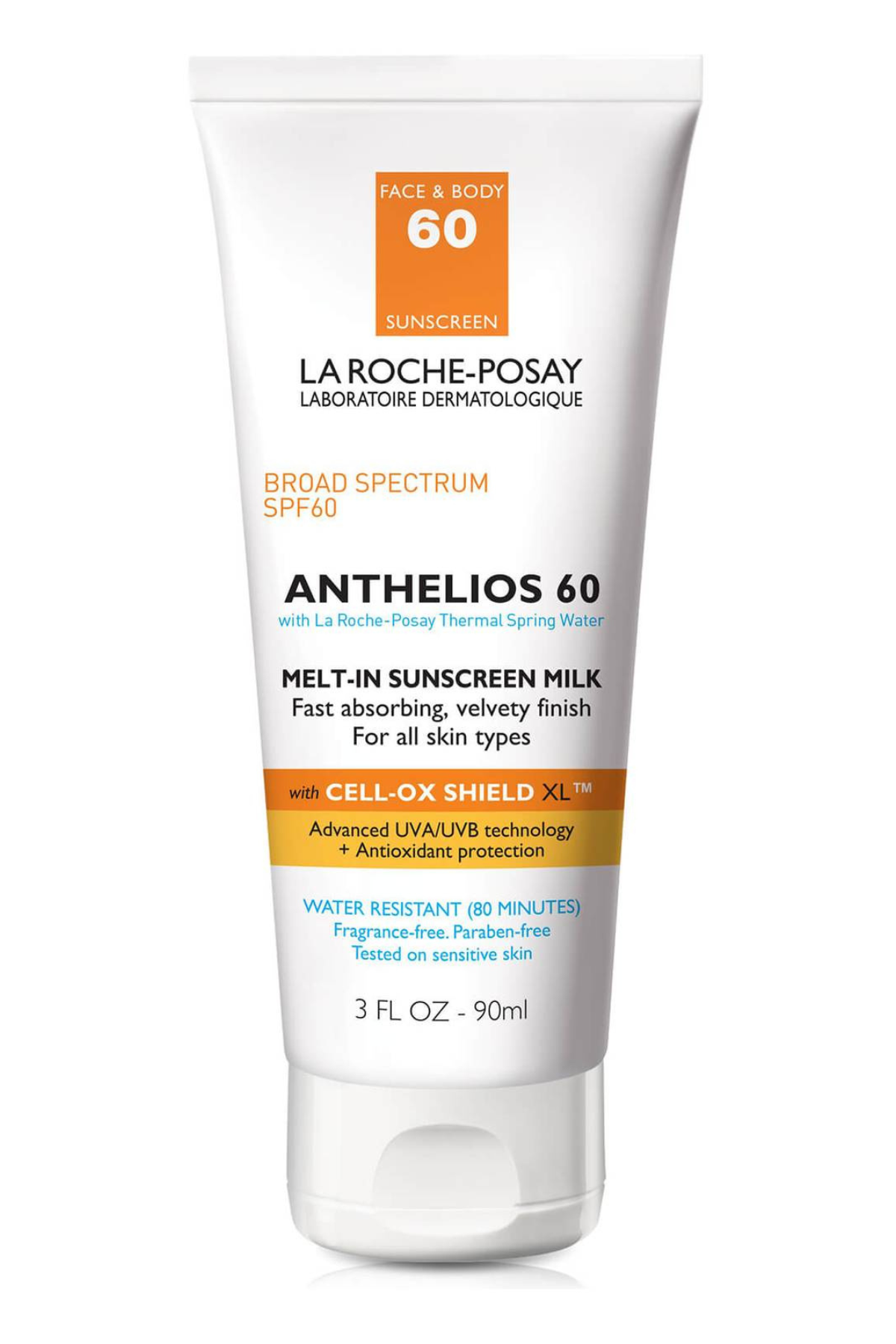
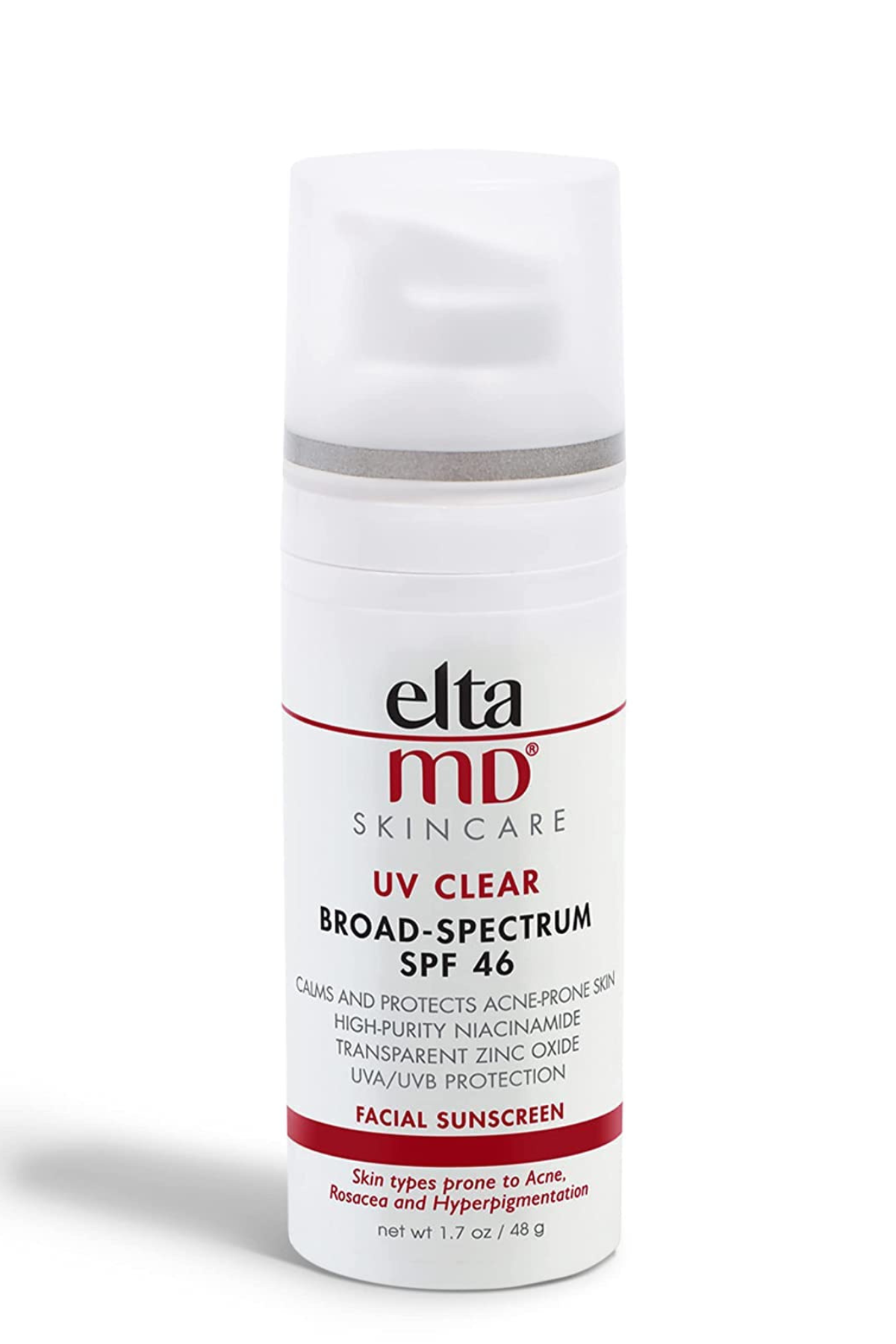
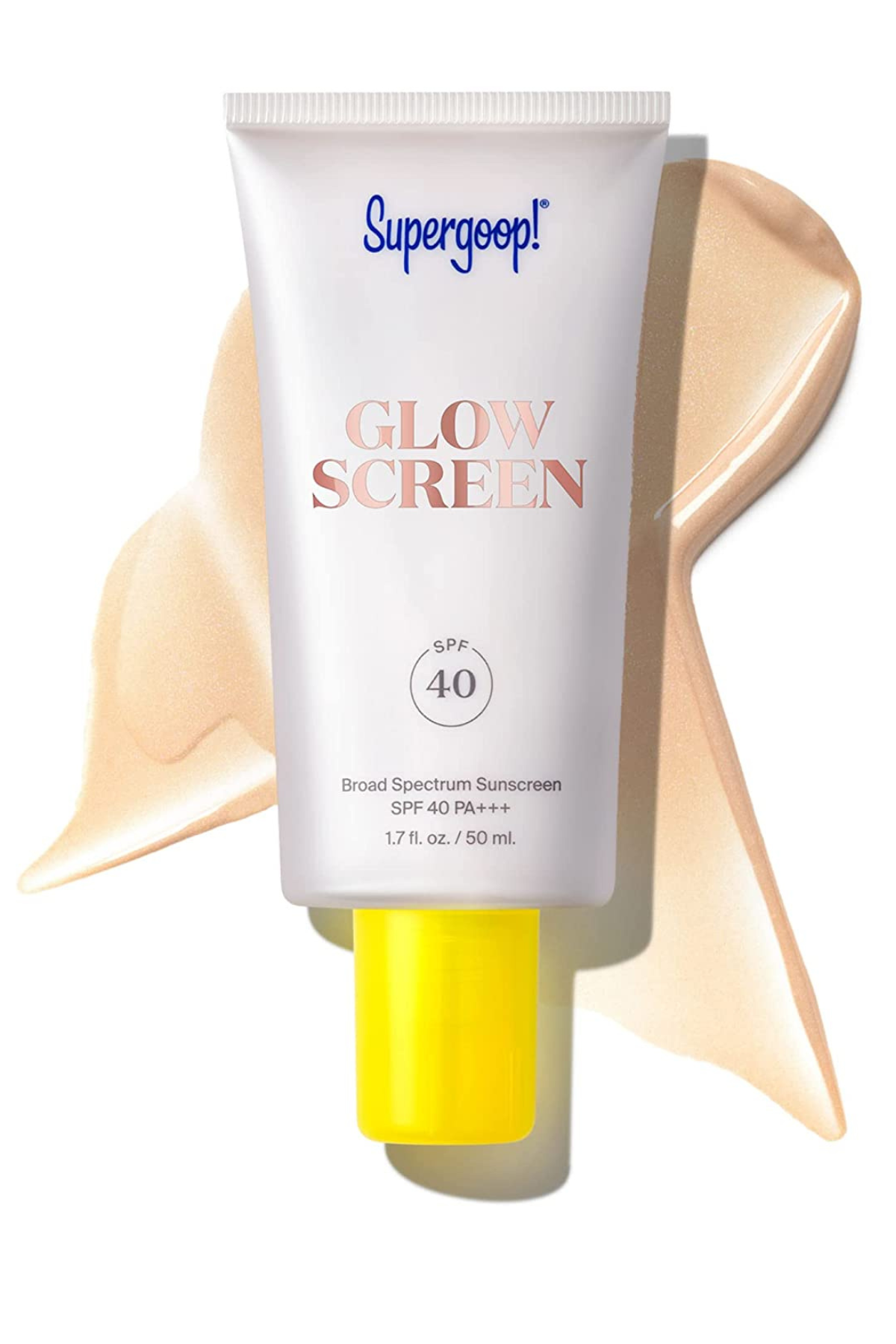
Should I Use Mineral and Chemical Sunscreen?
Neither is better, per se. Both formulas will offer near-equivalent sun protection (a broad spectrum SPF 30 will block 97 percent of UVA and UVB rays). So, it really comes down to which formula you’re going to be more comfortable using and reapplying throughout the day.
If you have more sensitive skin, melasma, hyperpigmentation, or are concerned about the coral reefs, mineral sunscreen is probably the way to go. If you struggle with a white cast or won’t wear sunscreen if it feels thick on your skin, chemical SPF is going to be the best bet.
“If you feel safer with mineral sunscreen, by all means, use it. People worry about the unknown effects of chemical sunscreen, but remember we know that ultraviolet light causes skin cancer,” explains Dr. Gymrek. As such, some form of sun protection is always going to be better than nothing at all.

Samantha Holender is the Senior Beauty Editor at Marie Claire, where she reports on the best new launches, dives into the science behind skincare, and shares the breakdown on the latest and greatest trends in the beauty space. She's studied up on every ingredient you'll find on INCI list and is constantly in search of the world's glowiest makeup products. She's constantly tracking the biggest nail and hair trends to pop up in the beauty space, going backstage during fashion weeks, tracking celebrity looks, and constantly talking to celebrity hair stylists, nail artists, and makeup artists. Prior to joining the team, she worked as Us Weekly’s Beauty and Style Editor, where she stayed on the pulse of pop culture and broke down celebrity beauty routines, hair transformations, and red carpet looks. Her words have also appeared on Popsugar, Makeup.com, Skincare.com, Delish.com, and Philadelphia Wedding. Samantha also serves as a board member for the American Society of Magazine Editors (ASME). She first joined the organization in 2018, when she worked as an editorial intern at Food Network Magazine and Pioneer Woman Magazine. Samantha has a degree in Journalism and Mass Communications from The George Washington University’s School of Media and Public Affairs. While at GWU, she was a founding member of the school’s HerCampus chapter and served as its President for four years. When she’s not deep in the beauty closet or swatching eyeshadows, you can find her obsessing over Real Housewives and all things Bravo. Keep up with her on Instagram @samholender.
-
 'The Pitt' Star Taylor Dearden Says She Sees Her and Dr. Mel's Neurodivergence as "a Superpower"
'The Pitt' Star Taylor Dearden Says She Sees Her and Dr. Mel's Neurodivergence as "a Superpower"Here's what to know about the Max series's breakout star, who just so happens to come from TV royalty.
By Quinci LeGardye Published
-
 We Owe Trinity Santos From 'The Pitt' an Apology
We Owe Trinity Santos From 'The Pitt' an ApologyThe season finale of the smash Max series proved that the most unlikable character on TV may just be the hero we all need.
By Jessica Toomer Published
-
 Your Guide to the Cast of 'Got to Get Out,' Which Pits Reality TV Alums Against Each Other for a Chance at $1 Million
Your Guide to the Cast of 'Got to Get Out,' Which Pits Reality TV Alums Against Each Other for a Chance at $1 MillionHulu's answer to 'The Traitors' is here.
By Quinci LeGardye Published
-
 People Always Compliment My Flawless Skin—These 6 Steps Are Why
People Always Compliment My Flawless Skin—These 6 Steps Are WhyFrom sunscreen and essences to moisturizers, it's all here.
By Hannah Baxter Published
-
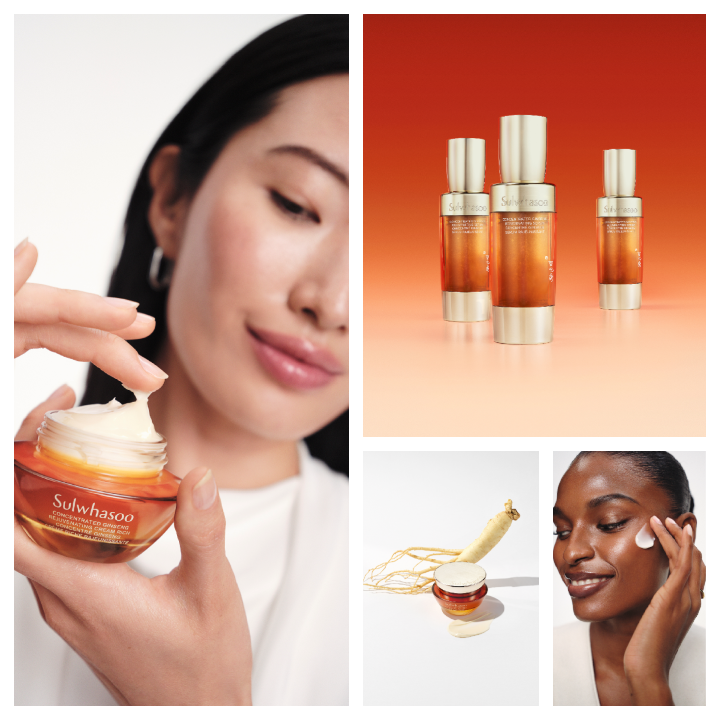 Sulwhasoo’s New Concentrated Ginseng Cream Is a Wrinkle-Erasing Time Machine for My Skin
Sulwhasoo’s New Concentrated Ginseng Cream Is a Wrinkle-Erasing Time Machine for My SkinThis Seoul-based brand is the key to plump skin.
By Samantha Holender Published
-
 The 10 Best Hair Growth Shampoos of 2025, Tested by Editors
The 10 Best Hair Growth Shampoos of 2025, Tested by EditorsExpensive and healthy-looking hair on lock.
By Marisa Petrarca Published
-
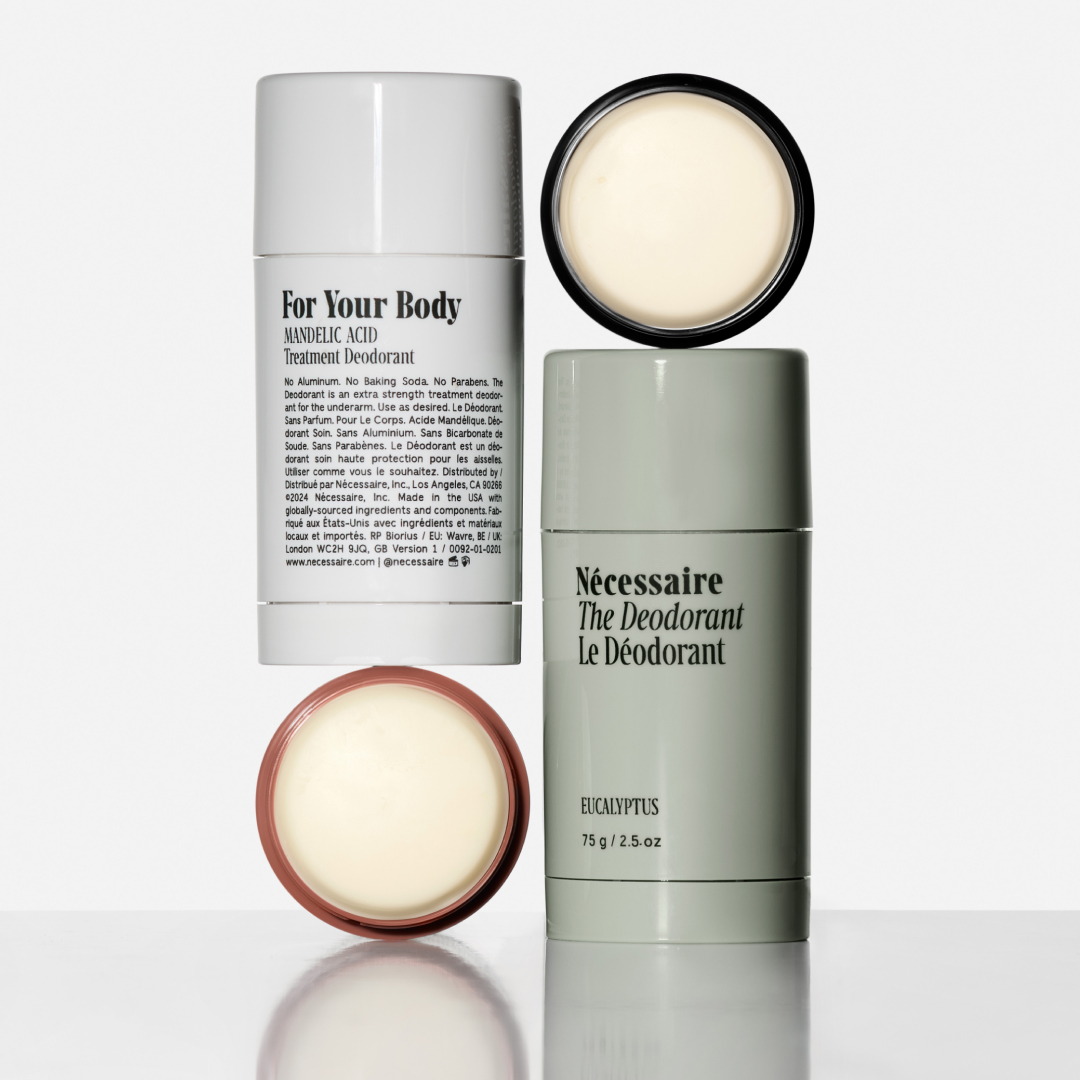 Nécessaire's Extra-Strength Deodorant Outlasts an Editor's Sweatiest Test: Fashion Week
Nécessaire's Extra-Strength Deodorant Outlasts an Editor's Sweatiest Test: Fashion WeekEven with my hectic schedule, I've never smelled better.
By Halie LeSavage Published
-
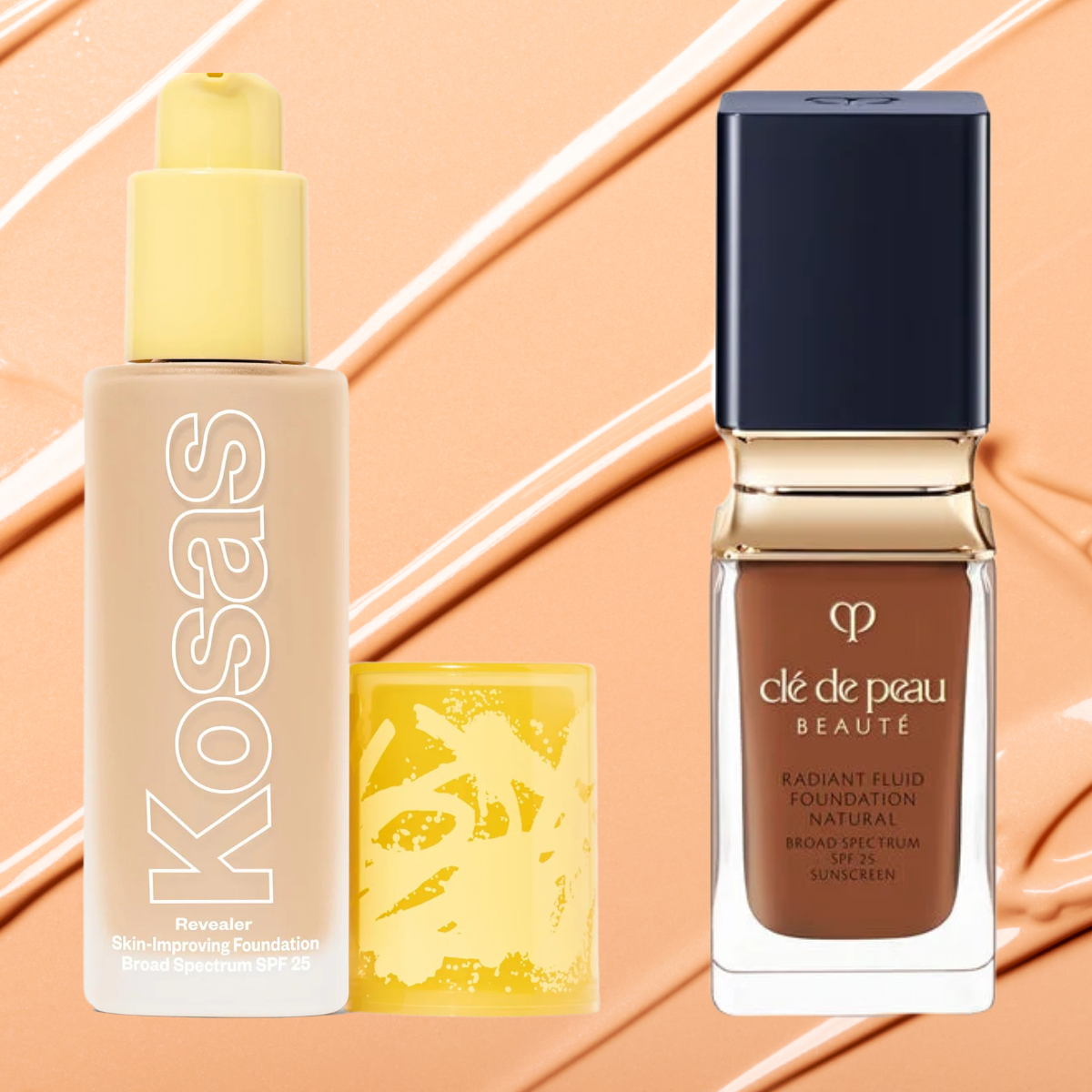 The 13 Best Foundations for Mature Skin, Tested by Women Over 50
The 13 Best Foundations for Mature Skin, Tested by Women Over 50It's perfect for mature complexions.
By Siena Gagliano Published
-
 This MAC Cosmetics Nude Lipstick Launch Marks the Return of a Very 2000s Makeup Trend
This MAC Cosmetics Nude Lipstick Launch Marks the Return of a Very 2000s Makeup TrendTime to get naked (lips).
By Samantha Holender Published
-
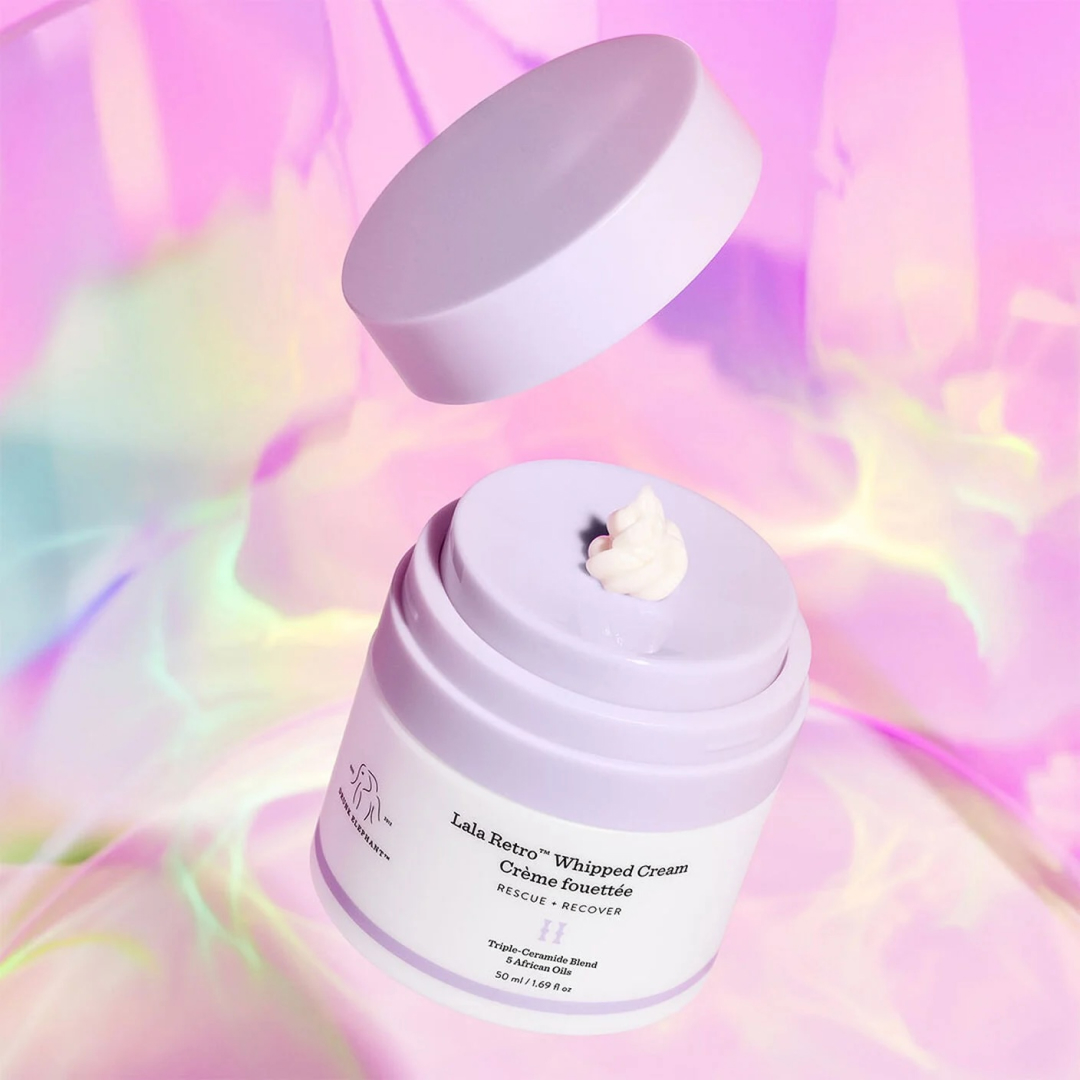 Drunk Elephant Recalls Three Best-Selling Skincare Products Following an Ingredient Mix-Up
Drunk Elephant Recalls Three Best-Selling Skincare Products Following an Ingredient Mix-UpHere's how to know if yours were compromised.
By Hanna Lustig Published
-
 As A First-Time Marathon Runner, These Wellness Essentials Helped Enhance My Training and Recovery
As A First-Time Marathon Runner, These Wellness Essentials Helped Enhance My Training and RecoveryFrom a hardworking deodorant to a soothing sauna blanket.
By Halie LeSavage Published
